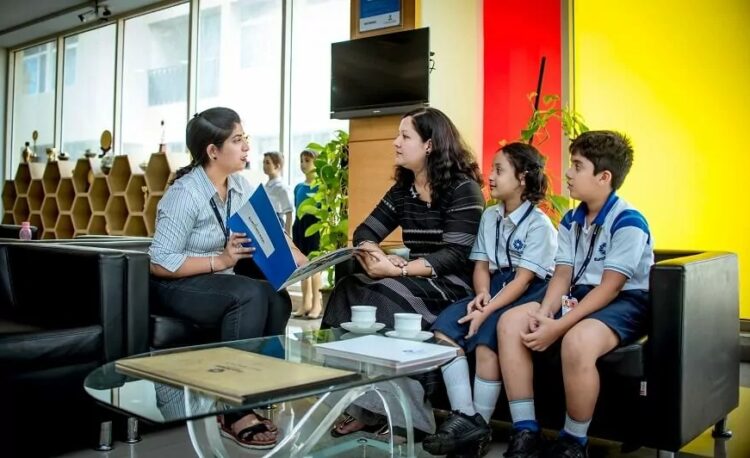Regular PTMs (Parents and Teacher Meetings) and open communication are integral components of a successful and thriving team culture. These two elements, when implemented effectively, create a foundation for continuous improvement, collaboration, and productivity. Regular PTMs serve as a structured opportunity for teams to align on goals, track progress, identify roadblocks, and celebrate successes. They allow team members to update each other on their work, ensuring that everyone is on the same page. Whether held weekly, bi-weekly, or monthly, these meetings help establish a rhythm of accountability and keep everyone focused on shared objectives.
Incorporating regular PTMs creates a routine for ongoing feedback, which is essential for professional growth and team development. They provide an opportunity to recognize individual and group achievements, motivating team members and fostering a sense of accomplishment. These meetings are also the perfect time to pinpoint areas for improvement or adjustment. The ability to discuss challenges openly helps to prevent problems from escalating, offering a chance to course-correct early. In the absence of regular check-ins, teams risk miscommunication, missed opportunities for growth, and delays in project timelines.
Equally important is the practice of open communication, which goes hand-in-hand with regular PTMs. Open communication is essential for creating a transparent environment where team members feel comfortable expressing their ideas, concerns, and feedback. When teams communicate openly, they can collaborate more effectively, leveraging each other’s strengths and expertise. Team members are encouraged to ask questions, share insights, and provide constructive feedback, which ultimately contributes to better decision-making and problem-solving. Open communication fosters trust within the team, allowing individuals to voice their opinions without fear of judgment or conflict.
When open communication is established as a core value, it breaks down silos, ensuring that information flows freely between all levels of the team. It encourages a culture of listening, where everyone feels heard and respected. This openness strengthens interpersonal relationships and nurtures a sense of inclusivity, making it easier for team members to work together toward common goals. Moreover, when team members feel safe to express themselves, they are more likely to share innovative ideas or highlight potential issues early, before they become bigger problems.
Regular PTMs are also a space for team leaders to model open communication, setting the tone for the entire team. By encouraging transparency and openness, leaders create an environment where everyone feels empowered to contribute. Leaders who actively listen, ask questions, and offer constructive feedback promote a culture of continuous learning and growth. They also signal that every team member’s input is valuable and that their voices matter in shaping the team’s direction.
The combination of regular PTMs and open communication also enhances decision-making. When teams communicate openly during meetings, they bring a diversity of perspectives to the table, which leads to more informed and well-rounded decisions. Whether brainstorming new ideas or troubleshooting issues, open dialogue ensures that everyone’s input is considered and that the final outcome reflects a collaborative effort. It also helps to avoid misunderstandings and misinterpretations, ensuring that everyone is clear on what has been discussed and agreed upon.

